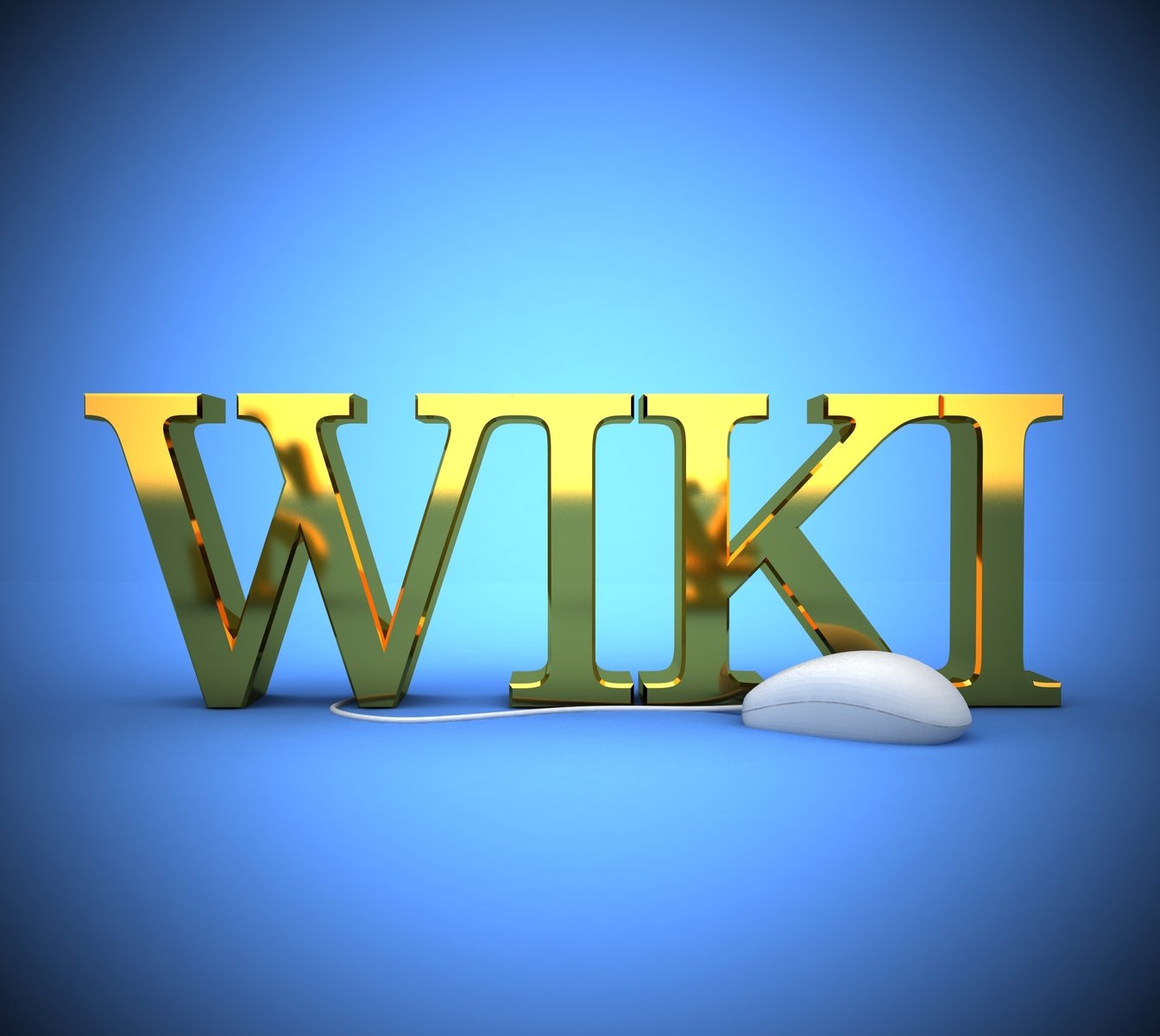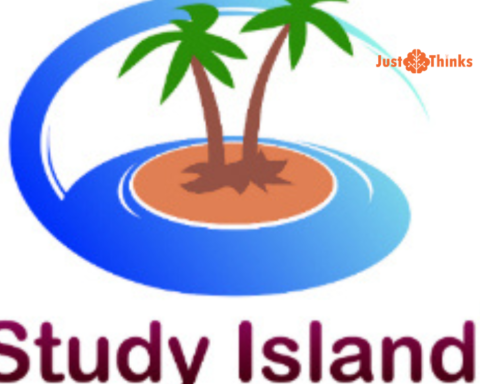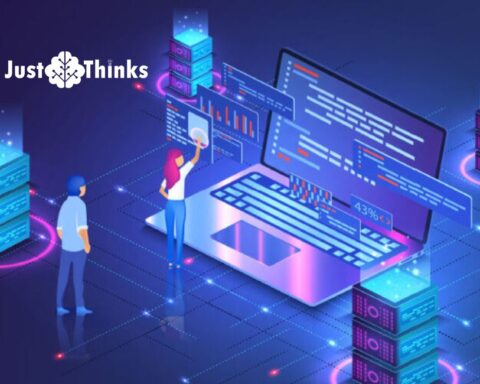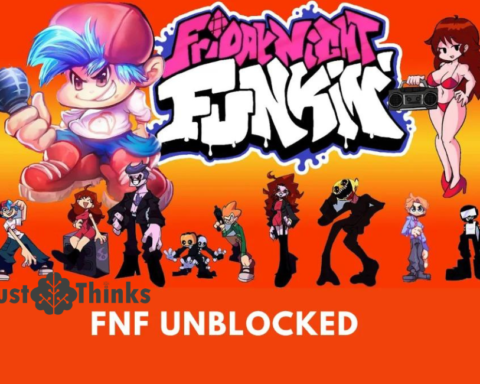Wikipedia is a free online encyclopedia that is collaboratively created and maintained by volunteers from around the world. It was founded on January 15, 2001, by Jimmy Wales and Larry Sanger. Wikipedia’s name is a portmanteau of “wiki,” which is a type of collaborative website that allows users to edit its content, and “encyclopedia,” which refers to a reference work containing information on a wide range of topics.
Key features and aspects of Wikipedia include:
- Open Editing: Wikipedia allows anyone with internet access to edit its articles. This open editing model has both advantages and disadvantages. On the one hand, it enables a vast amount of information to be contributed by experts and enthusiasts from diverse backgrounds. On the other hand, it can lead to vandalism or biased content, which is mitigated by a community of editors who monitor and improve articles.
- Neutral Point of View: Wikipedia has a policy known as the “neutral point of view” (NPOV), which requires that articles be written from a balanced and unbiased perspective. Editors are encouraged to provide verifiable information and cite reliable sources to support their contributions.
- Content in Multiple Languages: Wikipedia is available in numerous languages, with each language having its own separate version of the site. This makes it a valuable resource for people around the world to access information in their native languages.
- Free and Accessible: Wikipedia is a nonprofit project that is committed to providing free access to knowledge for everyone. It is funded by donations from users and organizations and does not charge fees for access or use.
- Content Categories: Wikipedia covers a wide range of topics, from history and science to pop culture and current events. Its articles are organized into categories and subcategories to help users navigate and find information on specific subjects.
- Citations and References: Wikipedia articles are expected to include citations and references to reliable sources. This helps ensure the accuracy and verifiability of the information presented.
- Community of Editors: Wikipedia has a dedicated community of volunteer editors who monitor recent changes, discuss content disputes, and help maintain the quality of the articles. There are also administrators who have additional tools and responsibilities in managing the site.
- Ongoing Updates: Wikipedia is a dynamic platform, with articles being constantly updated and improved. Events and developments in the real world are reflected in the content, making it a valuable resource for up-to-date information.
It’s important to note that while Wikipedia is a valuable resource, users should exercise critical thinking and cross-reference information with other reliable sources when conducting research or seeking information, as errors and biases can occasionally occur. Additionally, Wikipedia’s policies and guidelines are subject to ongoing discussion and evolution by its community of editors.
Here are some additional details about Wikipedia:
- Foundation and History: Wikipedia was officially launched on January 15, 2001. It was founded by Jimmy Wales and Larry Sanger. The idea behind Wikipedia was to create a freely accessible and editable online encyclopedia that could be written and maintained by volunteers from around the world. Wikipedia quickly grew in popularity and became one of the largest and most visited websites on the internet.
- Size and Scope: Wikipedia has grown significantly since its inception. As of my last knowledge update in September 2021, it contained millions of articles in hundreds of languages. It covers a vast array of topics, from historical events and scientific concepts to biographies of notable individuals and popular culture.
- Editing Process: Wikipedia follows a wiki-based editing model, which means that anyone with internet access can edit most of its articles. While this open editing model has its advantages, such as the ability to rapidly update information, it also comes with challenges related to the accuracy and reliability of content. To address these challenges, Wikipedia has a community of dedicated editors who review and monitor changes, enforce content policies, and strive to maintain high-quality articles.
- Citation and Sources: One of Wikipedia’s core principles is the use of citations and reliable sources to support the information presented in articles. Editors are encouraged to provide references to books, academic papers, websites, and other reputable sources to ensure the verifiability of content.
- Multilingualism: Wikipedia is available in numerous languages, each with its own community of editors. This multilingual approach allows people from different linguistic backgrounds to access information in their native languages. It also helps promote knowledge sharing across cultures.
- Nonprofit and Donation-Based: Wikipedia is operated by the Wikimedia Foundation, a nonprofit organization. It relies on donations from individuals and organizations to cover its operating costs. Wikipedia is committed to providing free access to knowledge and does not charge users for access or use of its content.
- Content Policies: Wikipedia has a set of content policies and guidelines that editors are expected to follow. These include policies on notability, verifiability, neutral point of view, and reliable sourcing. These policies are designed to ensure that Wikipedia’s articles meet high standards of quality and accuracy.
- Ongoing Development: Wikipedia is a dynamic platform where articles are continuously updated and improved. Editors work to reflect new developments, events, and discoveries in the content. This makes Wikipedia a valuable resource for staying informed about current topics and the latest research.
- Challenges and Controversies: Wikipedia has faced challenges related to vandalism, bias, and disputes over content. Efforts are made to address these issues through community discussions, administrative actions, and the development of content policies.
- Educational and Research Use: Wikipedia is commonly used as a starting point for research and as a quick reference for a wide range of topics. However, it is important for researchers and students to critically evaluate Wikipedia’s content and cross-reference it with other reliable sources for academic and scholarly work.
Please keep in mind that Wikipedia’s policies, guidelines, and statistics may have evolved since my last knowledge update in September 2021, so it’s a good idea to refer to Wikipedia itself or its official resources for the most current information.






